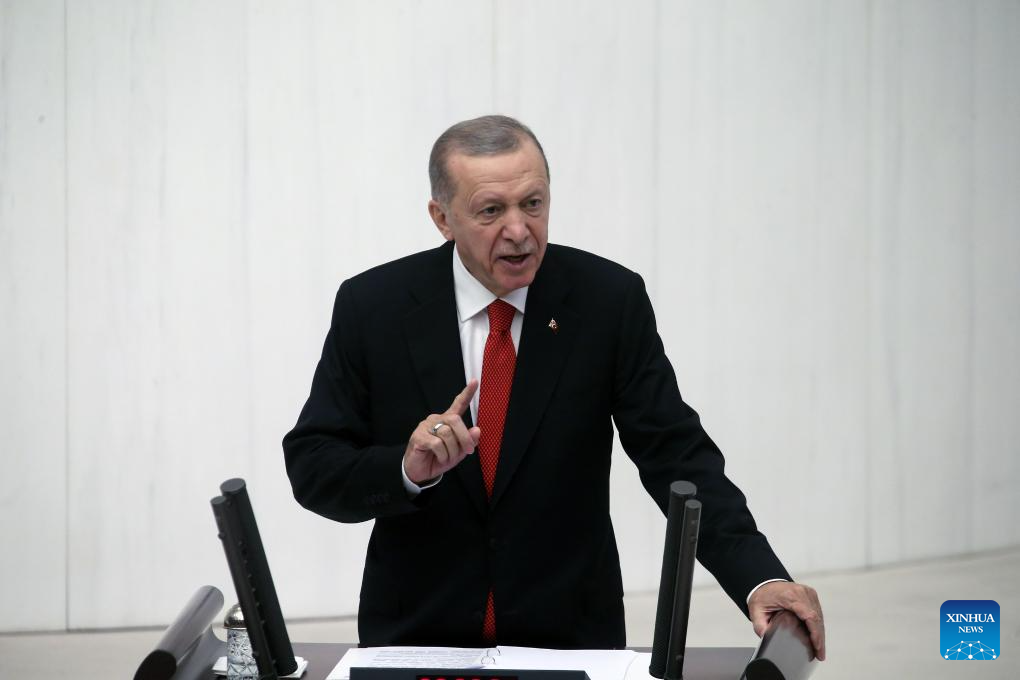Türkiye Cross-border: Protection Cluster – Protection Barriers for Persons with Disabilities in North-West Syria (Fact Sheet, Report and Assessment August 2024) – Syrian Arab Republic
Fact Sheet: Protection Barriers for Persons with Disabilities in North-West Syria August 2024
Overview
This Fact Sheet provides a summary of the key findings from the ‘Persons with Disabilities Protection Barriers Report’ developed by the Inclusion Technical Group from the North-West Syria Protection Cluster in March 2024. The report is grounded in findings from a 2024 assessment that explores the protection risks faced by older people in all their diversity. It highlights the particular challenges and different kinds of barriers they face in accessing services and pursuing income opportunities, all of which have implications on the exposure to additional protection risks, their ability to enjoy their rights and build longer-term resilience.
Demographics
The Inclusion Technical Working Group (ITWG) of the North-West Syria Protection Cluster, supported by the Protection Monitoring and Analysis Working Group (PMA WG), conducted the assessment from March to April 2024. It surveyed 535 persons with disabilities across 23 sub-districts in Northern Aleppo and Idleb, with an equal split of 50% female and 50% male respondents. Regarding age distribution, individuals aged 26-44 comprised the largest percentage of respondents, aligning with general population distribution trends and disability rates by age group. There are also significant numbers of respondents in the 45-59 and 60+ age categories In terms of the types of disabilities respondents were experiencing, 64%percent of respondents reported physical impairments related to walking. Visual impairments affected 30% of respondents, while communication difficulties impacted 23%. Memory-related impairments were reported by 22% of respondents, and hearing impairments were experienced by 18%.
Key Findings
Access to services
The assessment reveals that nearly half of the persons with disabilitiesin North-West Syria face significant challenges in accessing basic services such as healthcare, education, and sanitation. This lack of accessibility exacerbates their vulnerabilities, limiting their ability to live independently and securely.
• 47% of persons with disabilities reported that basic services are not accessible.
• Only 16% confirmed equal access compared to persons without disabilities, while 37% indicated partial access, highlighting a significant gap in service accessibility for persons with disabilities.
Transportation Accessibility:
The inaccessibility of transportation services further isolates persons with disabilities, making it difficult for them to access essential services, participate in community activities, or seek employment. This barrier reinforces their exclusion from social and economic opportunities.
• Over half (52%) of respondents noted that transport services are not accessible to them, with another 35% indicating partial accessibility.




